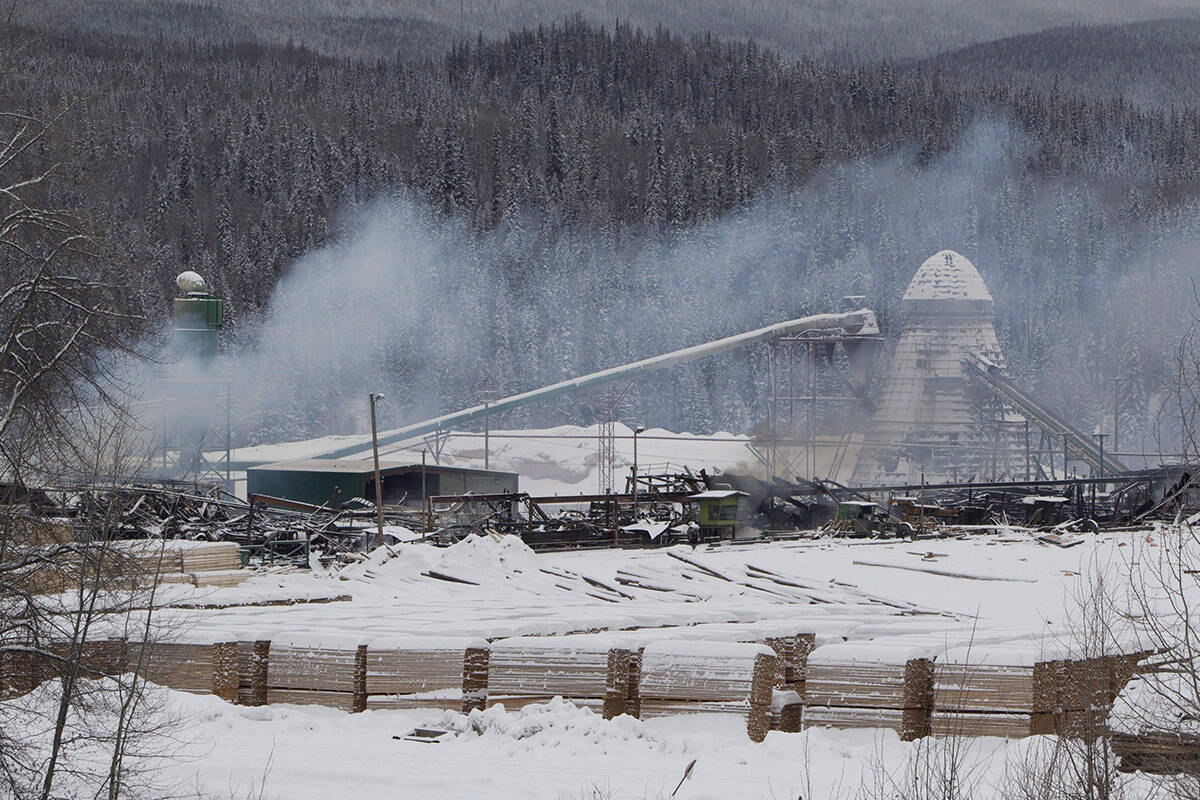Ten years ago, two workers were killed and 20 others were injured in an explosion at the Babine Forest Products mill near Burns Lake.
Just over three months later, another similar explosion took place at a Lakeland Mills facility near Prince George, killing two workers and injuring 24 more. These were horrific incidents that should never have happened.
The 2012 explosions shone a light on a troubling trend. Some employers had become complacent with the health and safety of their workers. As a former worker in a large sawmill myself, these devastating events hit very close to home. I remain deeply saddened for the victims and their families.
Since 2018, our government has taken a series of steps to expand protections for workers, increase penalties for non-compliant employers and encourage employers to invest in workplace health and safety. In 2020, we introduced changes to the Workers Compensation Act to improve health and financial supports for injured workers and their families.
As a result, services to workers are faster, more equitable and easier to access. For example, WorkSafeBC is now able to provide medical treatment before a workplace injury claim is accepted, which can prevent a significant deterioration in the worker’s health. Improvements like this can make a huge difference in people’s lives.
READ MORE: WorkSafeBC changes called for after B.C. sawmill explosions
To better protect workers from risks on the job, it’s crucial that employers that do not comply with health and safety requirements face serious consequences. WorkSafeBC has hired more prevention and investigations officers, and is stepping up inspections and issuing more citations, fines and penalties to increase compliance. They have raised the maximum administrative penalty that can be imposed on negligent employers from just $75,000 to more than $700,000. Because of changes made in 2020 by our government, courts can now accept victim impact statements, giving family members and others a voice in serious workplace prosecutions.
Increased accountability for employers must go beyond financial penalties. Following the 2019 death of a worker on a bridge construction site in Fort St. John, two companies and two supervisors pleaded guilty to charges under the act. The guilty pleas and subsequent sentencing are examples of the act evolving to increase pressure on non-compliant employers and promote a workplace culture that values the safety and health of workers over profit.
While the provincial injury rate in B.C. has declined over the last decade, more work needs to be done. In 2021, there was widespread coverage of the devastating crane collapse in Kelowna as well as the tragic sinking of the tugboat Ingenika on the B.C. coast.
There were also other workplace injuries and deaths that did not make the news but were no less devastating, including those made gravely ill by asbestos exposure. These losses drive us to prevent future tragedies.
I am heartened by our progress so far, and we will continue to make progress. Our workers deserve safe workplaces, and it’s my job to make this happen.
– Harry Bains is B.C.’s Minister of Labour

